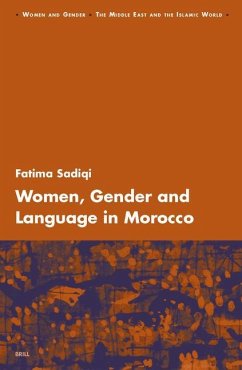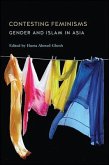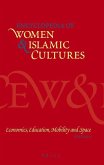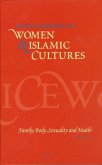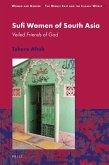This volume deals with the complex but poorly understood relationship between women, gender, and language in Morocco, a Muslim, multilingual, multicultural, and developing country. The hypothesis on which the book is based is that an understanding of gender perception and women's agency can be achieved only by taking into account the structure of power in a specific culture and that language is an important component of this power. In Moroccan culture, history, geography, Islam, orality, multilingualism, social organization, economic status, and political system constitute the superstructures of power within which factors such as social differences, contextual differences, and identity differences interact in the daily linguistic performances of gender. Moroccan women are far from constituting a homogeneous group, consequently the choices available to them vary in nature and empowering capacity, thus 'widening' the spectrum of gender beyond cultural limits.
Hinweis: Dieser Artikel kann nur an eine deutsche Lieferadresse ausgeliefert werden.
Hinweis: Dieser Artikel kann nur an eine deutsche Lieferadresse ausgeliefert werden.

